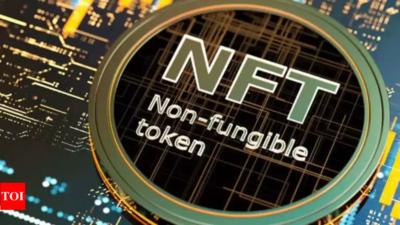The Digital Collectibles Revolution
In December 2021, a Mumbai-based fan made headlines by acquiring the digital rights to a collection of Sachin Tendulkar's 200th test match memorabilia, including a signed jersey and match ticket, for $40,000 in Dubai. This auction highlighted the growing market for Non-Fungible Tokens (NFTs), digital records that signify ownership of specific assets, ranging from physical artworks to digital collectibles.

Current Taxation Framework for NFTs
Prior to 2022, NFT taxation mirrored that of the underlying asset. However, the Finance Act of 2022 introduced a distinction between 'notified' and 'excluded' NFTs, with the former facing harsher tax treatment akin to Virtual Digital Assets (VDAs) like cryptocurrency. This has led to a complex tax landscape where the digital representation of an asset, such as a photo of a World Cup-winning bat, is taxed more heavily than the physical asset itself.
Call for Reform
Sudhir Kapadia, a chartered accountant and senior board advisor at BCCI, argues that the current tax regime unfairly burdens NFT transactions. Unlike cryptocurrencies, NFTs are tied to tangible or digital assets, providing a more stable value basis. Kapadia advocates for a taxation model similar to that of Singapore and Australia, where NFTs are taxed based on the underlying asset, promoting fairness and innovation in the digital economy.
The Bombay Chamber of Commerce and Industry (BCCI) is urging the government to reconsider the taxation of NFTs in Budget 2025, proposing their removal from the VDA tax regime. They suggest aligning NFT taxation with that of traditional goods and implementing a minimal tax deduction at source for such transactions to encourage investment and innovation in this burgeoning sector.









Comments